Optimal Timing for Gopher Control
Effective gopher control depends heavily on timing. The optimal times to implement control measures are during periods of active gopher activity, typically in early spring and late fall. These periods coincide with gophers emerging from hibernation and preparing for winter, making them more vulnerable to control methods.
Early spring is ideal for gopher control as activity begins to increase. Implementing measures before gophers establish extensive burrow systems can reduce population growth.
Late fall is another suitable time, as gophers prepare for hibernation. Targeting them during this period can limit their activity and reduce damage.
Monitoring gopher activity throughout the year helps identify peak activity times, ensuring control efforts are timely and effective.
Mid-summer may be less effective for control due to decreased activity and hibernation tendencies, especially in cooler regions.
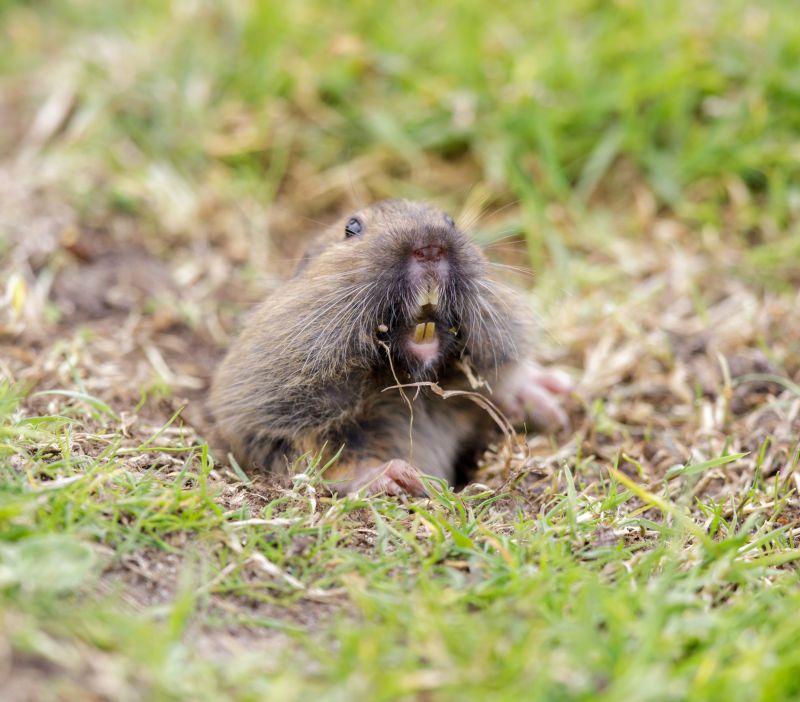
Tools and devices used for effective gopher management.
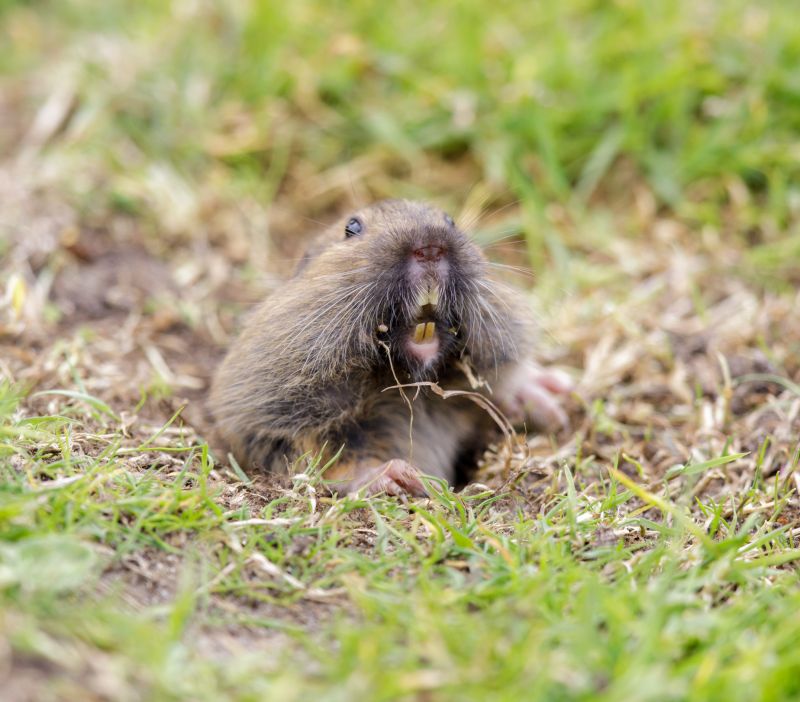
Active tunnels indicating gopher presence and activity levels.
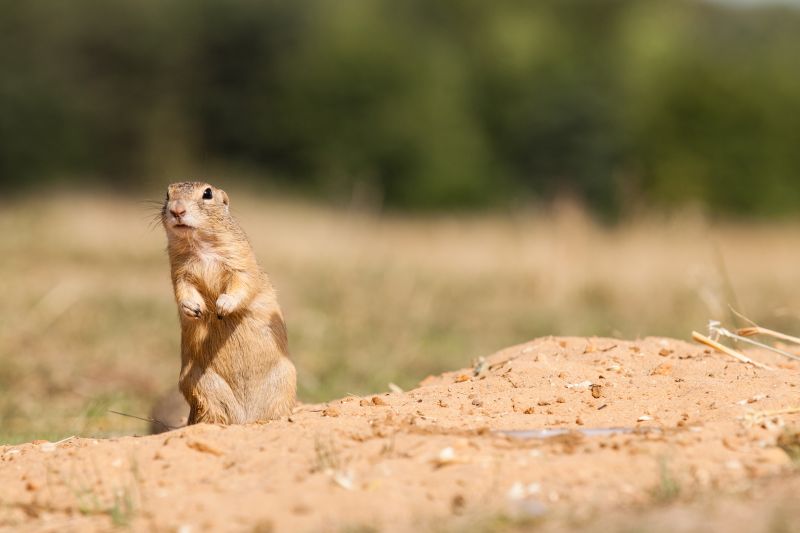
Traps set in active tunnels for population reduction.

Ways to make Gopher Controls work in tight or awkward layouts.
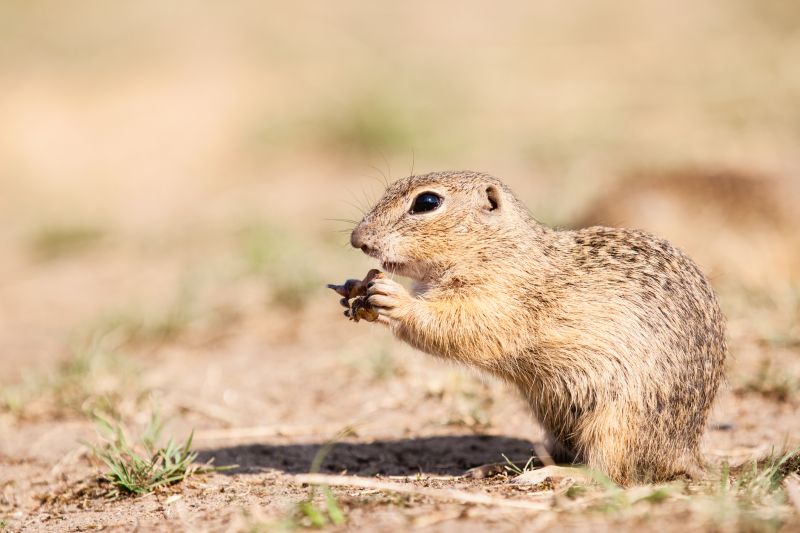
Popular materials for Gopher Controls and why they hold up over time.

Simple add-ons that improve Gopher Controls without blowing the budget.
| Timing | Recommended Actions |
|---|---|
| Early Spring | Begin trapping and baiting before burrow systems expand. |
| Late Fall | Apply control methods as gophers prepare for hibernation. |
| Monitoring Periods | Regularly inspect for active tunnels to time interventions. |
| Mid-Summer | Generally less effective; focus on monitoring instead. |
| Post-Construction | Implement controls to protect new landscaping. |
Gopher controls are most effective when timed to coincide with periods of high activity. Proper timing reduces gopher populations and minimizes damage to landscapes and structures. Monitoring activity levels throughout the year helps identify the best moments for intervention.
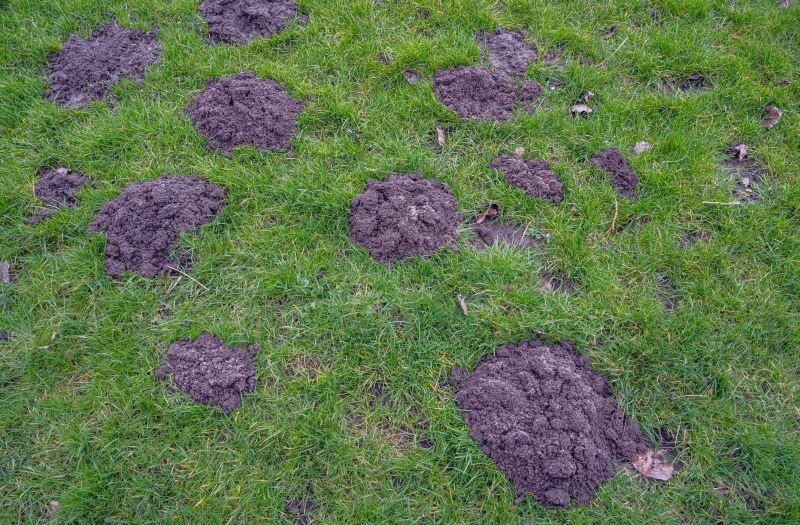
Signs of gopher activity in lawns and gardens.
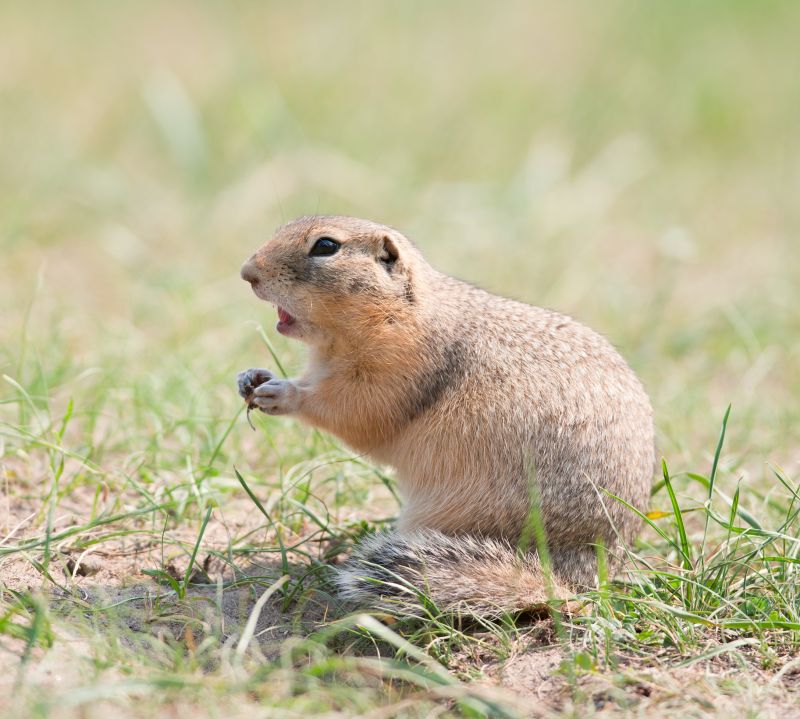
Effective locations for setting traps.
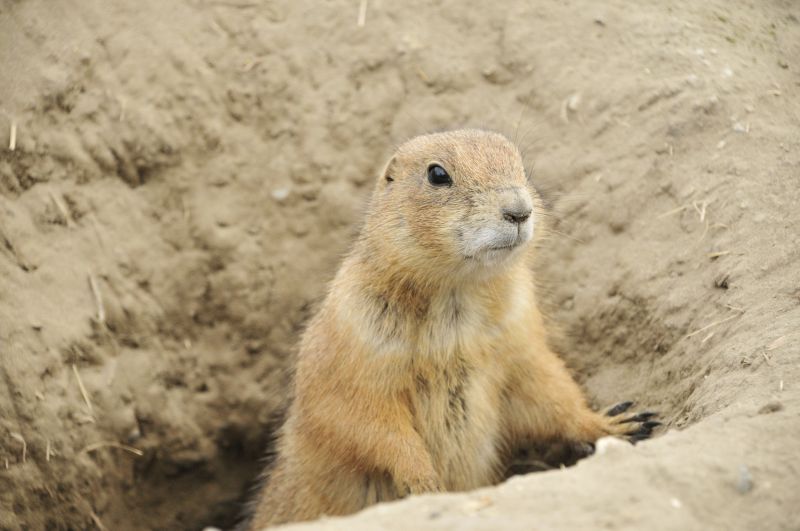
Using bait to attract and eliminate gophers.

Identifying active tunnels for targeted control.
Timing is crucial for successful gopher control. Implementing strategies during peak activity periods ensures greater effectiveness and helps protect landscapes from extensive damage.
Interested in managing gopher populations? Fill out the contact form to receive more information about control options.
